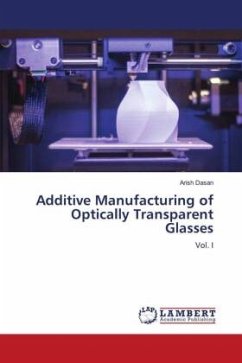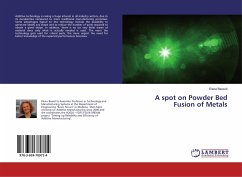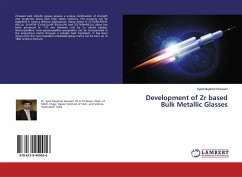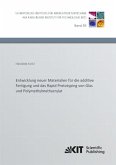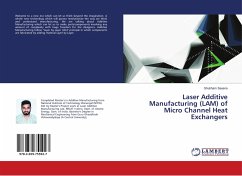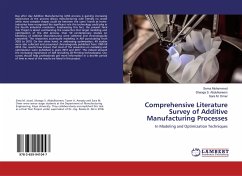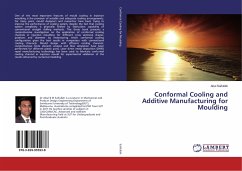Although most AM technologies have been widely studied on polymer, metal and ceramic-based objects, AM of glass parts is very limited even though it is essential for daily life applications. Considering AM of pure transparent glasses, until now, there has been limited work published. The fundamental material properties of optically transparent glass, such as high processing temperatures, amorphous structure, and brittle in nature, make processing of glass by AM challenging. However, recent advances have not only resulted in the successful 3D printing of glass, with properties and shape identical to that of commercial glass but also in further developing specific AM technologies that will allow new functional transparent glass materials that unite the appealing material properties of traditional glasses with tailored, high-resolution 3D architectures. The present book is intended to cover the new emerging Additive Manufacturing (AM) technologies for fabricating glass parts (more specifically, optically transparent) are introduced, including stereolithography, selective laser sintering, direct ink writing, and hybrid 3D printing processes.

